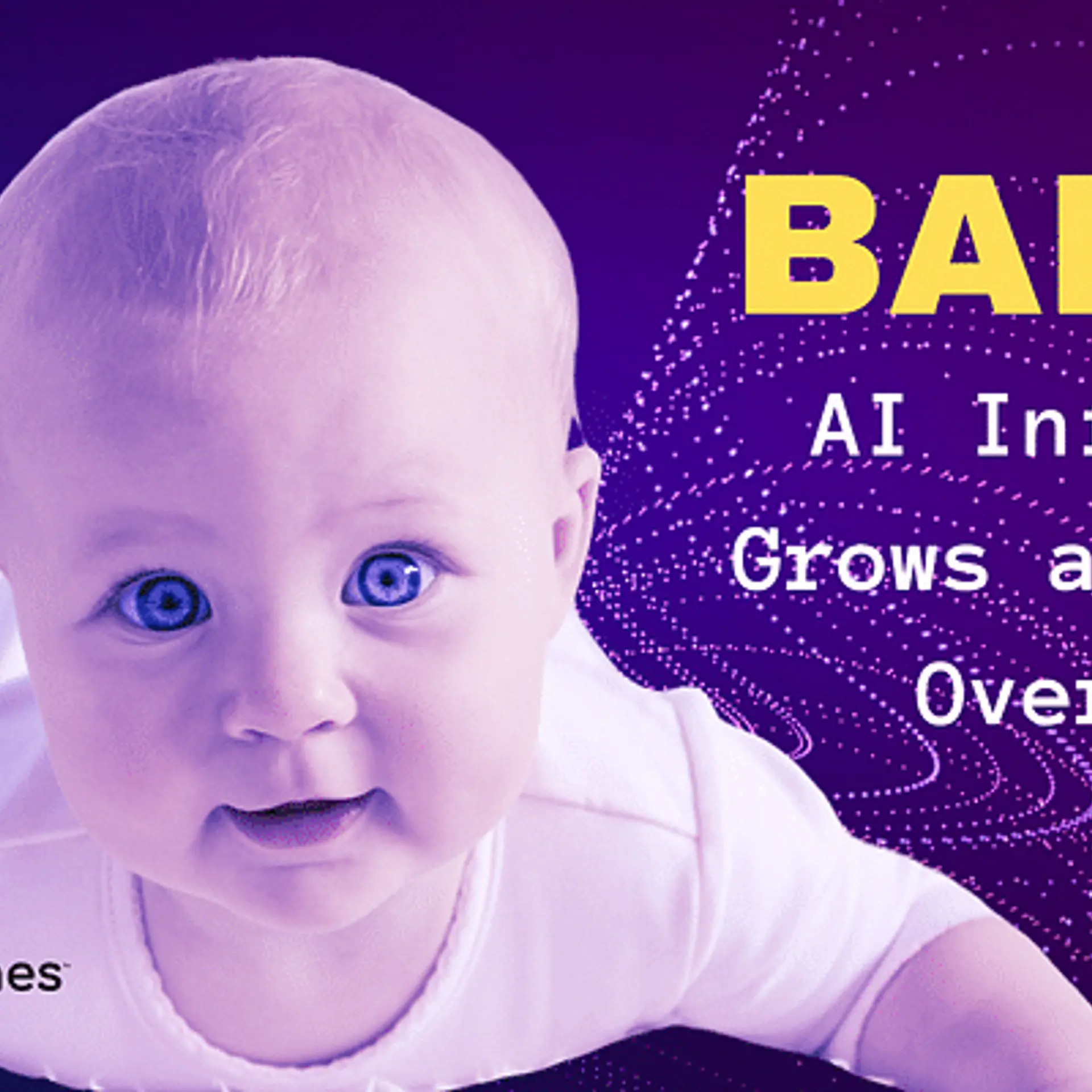Y Combinator-backed medtech startup Inito earns US patent for home diagnostic device
Inito, which is India's first medtech startup to be selected by Y Combinator, has developed a proprietary technology that lets users take lab-grade diagnostic tests at home.
The United States Patent and Trademark Office (USPTO) has granted patent rights to Bengaluru-based medtech startup Inito for its proprietary home diagnostics technology.
The Y Combinator-backed startup has developed a 'Flat-lens' technology that allows a single Inito device to perform dozens of lab–grade diagnostic tests at home by using only a smartphone.
The US patent grant will further its mission to become a "global health tech company" out of India, Inito said in a statement.
Inito also happens to be India's first medtech startup to be selected by Y Combinator in its Winter ’19 Cohort. “Being funded by Y Combinator, it allows us to think globally and access global expertise and resources," Inito co-founder Aayush Rai had earlier stated.

One of its first offerings is the fertility test that enables women to track their fertile window, and improve chances of conception by almost 89 percent. The device does this by measuring two fertility hormones, Estrogen and Luteinizing Hormone (LH).
Inito’s AI-based app collects the data to understand cycle variations for every woman, and throws up unique results. The startup claims that its results are "99.12 percent accurate", and have been tallied with results from lab-grade scanners.
The Inito device has collected hormone data from over 150,000 fertility tests so far. The startup plans to add eight more hormone tests to its device going ahead.
In a statement to the media, Co-Founder and CEO Aayush Rai, said:
"The patent grant by the US Patent Office provides us defensibility in the global market and will help us cement our leadership position in bringing the quality diagnostic tests to every home.”
Inito plans to disrupt the $30 billion global fertility market with its proprietary device, AI and data analytics.
In the future, it wants to let users monitor several key metrics on the device, and even diagnose fertility conditions like anovulatory cycles, PCOS, and so on.
(Edited by Rekha Balakrishnan)








